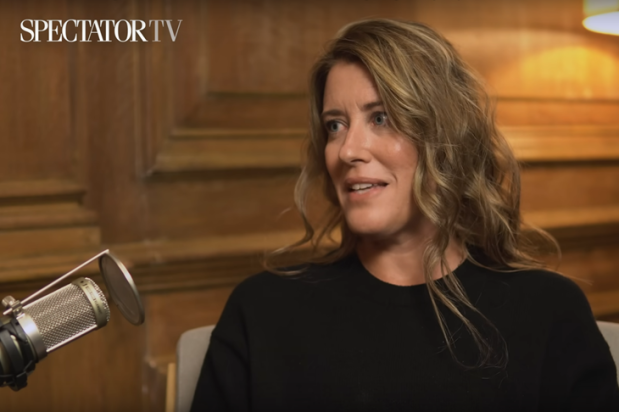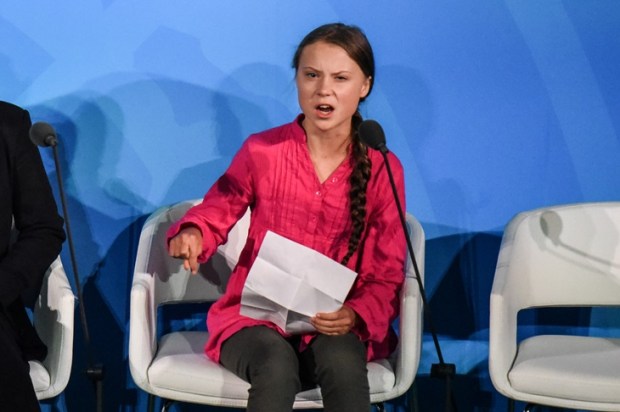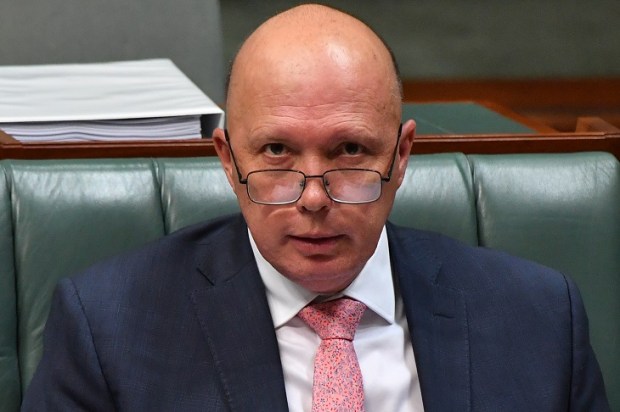When you hear that 85 human rights experts have co-signed a public letter to the federal attorney-general one could only assume that it is in protest of some genuine human rights crisis, such as the prolonged use of draconian and arbitrary emergency powers, or the proposed vaccine passports, or even the suspension of parliamentary democracy and accountability.
This assumption might be accurate if the “experts” of the human rights establishment were reliable advocates for human rights. But as the public letter shows they very unreliable indeed.
Rather than note anything of substance the letter signed by the 85 human rights “experts” objected instead to the appointment of Lorraine Finlay as the next Human Rights Commissioner at the Australian Human Rights Commission.
While Australian governments have launched the most aggressive attack on human rights and civil liberties in Australia’s peacetime history, the human rights establishment has been completely missing in action. The Australian Human Rights Commission and their many allies in academia and the legal community have been uninterested in the suspension of the rule of law and parliamentary government, the broad discretions granted to unelected bureaucrats, and the failure of the courts to restrain abuses of power.
It seems they only speak up when a woman they don’t know but assume they dislike is appointed by the federal government to a position they thought was reserved for people more like them.
The key criticism outlined by the experts in their letter is that the appointment of Finlay did not follow the process preferred by the experts. The appointment of course was perfectly legal – the legislation only requires that the Attorney-General be satisfied that the person appointed has “appropriate qualifications, knowledge or experience.” These conditions are entirely subjective, although it must be said that the Finlay absolutely satisfies the criteria as the small biography provided in the appointment announcement alone makes clear. Requiring the government to, among other things, consult the “subject matter experts” (ie the human rights establishment) would seem to be an unproductive use of time.
The letter also seems to be less concerned with how the appointment affects Australians than how it affects the human rights establishment. According to the letter, the appointment of Lorraine Finlay could jeopardise the Australian Human Rights Commission’s “A” status accreditation by the Global Alliance of National Human Rights Institutions. This status allows AHRC officials to participate at the United Nations Human Rights Council whose membership includes the People’s Republic of China, communist Cuba, Venezuela, Libya and Sudan. How this is of benefit to Australians remains to be seen.
One could reasonably speculate whether such a letter would be produced if not for Finlay’s historical political affiliations, and her views that freedom of speech is a fundamental human right and that Australians should not be divided by race in the Australian Constitution.
That the appointment of Finlay has caused such upset among a discredited establishment is an indication that the federal government may be on the right track.
Morgan Begg is the director of the Legal Rights Program at the Institute of Public Affairs.
Got something to add? Join the discussion and comment below.
Get 10 issues for just $10
Subscribe to The Spectator Australia today for the next 10 magazine issues, plus full online access, for just $10.


























Comments
Don't miss out
Join the conversation with other Spectator Australia readers. Subscribe to leave a comment.
SUBSCRIBEAlready a subscriber? Log in